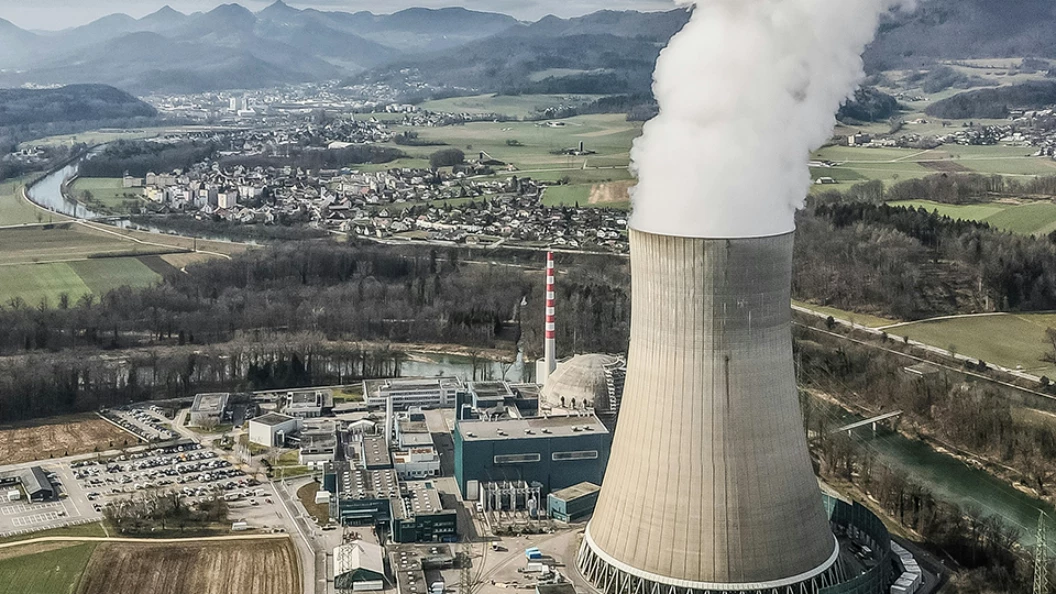The conversation around nuclear energy and recycling spent nuclear fuel is intensifying, particularly in the U.S., where recent legal debates and policy proposals have reignited public and political attention.
In an article by Rick Perry, former U.S. Secretary of Energy, the argument is clear: the United States is long overdue in adopting a strategy for recycling used nuclear fuel (UNF) instead of simply storing it.
But behind this technical and political issue lies a crucial communication challenge—one that spans language, tone, and accessibility. This is where localization, including voice-based content and AI-driven Text-to-Speech (TTS), can transform how global energy policy is understood by both experts and everyday citizens.
The Policy is Global—So Must Be the Messaging
The technologies and ideas behind recycling UNF into MOX fuel are not new. Countries like France, Japan, Russia, and China already engage in nuclear fuel reprocessing. The conversation is inherently international, with implications for energy independence, environmental policy, and geopolitical stability.
Yet, most policy documents, legislative discussions, and public engagement campaigns remain monolingual or overly technical. For an issue that affects energy security, climate goals, and public safety, we need to ask:
Are we speaking to everyone—or just to the experts?
Localization helps bridge this gap by making nuclear policy:
- Understandable across languages
- Accessible across literacy levels
- Trustworthy through tone and delivery
Transcreation is Critical for Complex Technical Messaging
Take key terms from the nuclear article:
- Used Nuclear Fuel (UNF)
- Mixed Oxide Fuel (MOX)
- Interim Storage
- Tonnage and Reactor Sites
These aren’t just words—they’re conceptual load-bearers, carrying policy weight, safety concerns, and geopolitical implications.
A literal translation of these terms may fail to convey:
- The urgency of the issue
- The benefits of recycling over storage
- The reliability and safety of nuclear technologies
Transcreation—the process of adapting content culturally and linguistically—is essential. It ensures that:
- Local audiences hear familiar and culturally appropriate language
- Terminology is explained, not just converted
- Nuance and tone reflect both scientific clarity and emotional resonance
Why Voice Localization and TTS Matter
Traditionally, localized policy messaging has been text-based. But in 2025, voice is the fastest-growing medium for public information—especially in the age of smart speakers, podcasts, and mobile-first outreach.
Here’s where Text-to-Speech (TTS) technology plays a powerful role.
TTS can:
- Deliver narrated versions of complex policy briefs in multiple languages
- Be used in audiovisual explainers for nuclear agencies or energy providers
- Help people with visual impairments or literacy barriers access vital information
- Enable voice assistants or chatbots to answer public questions about nuclear energy in a clear and friendly tone
Example:
Imagine Rick Perry’s nuclear fuel recycling proposal read aloud in:
- English with a formal British or American voice for policymakers
- Japanese or French with native TTS accents, where MOX fuel use is established
- Spanish, Mandarin, or Arabic for communities affected by global nuclear policy discussions
Each voice carries not just the words, but the tone of trust, urgency, or reassurance—critical in public science communication.
SSML and the Art of Tone in Technical Voice Content
Using Speech Synthesis Markup Language (SSML), voice localization teams can:
- Insert pauses for clarity
- Add emphasis on risk mitigation or economic benefits
- Adjust speed and pitch to sound more engaging, especially for emotionally loaded topics
This is vital in content like nuclear policy, where the wrong pacing or flat delivery can make the material seem untrustworthy, confusing, or alarmist.
Localization = Public Trust in a Scientific Age
When nuclear fuel recycling is positioned not just as an energy strategy but as a public good, public trust becomes everything.
Localization—linguistically, culturally, and vocally—makes that possible. It brings clarity to complex issues, widens the reach of government and corporate messaging, and helps populations feel included, informed, and empowered.
In a time of rising energy demand, geopolitical tension, and environmental urgency, language isn’t a barrier—it’s a bridge.
Speak Locally, Think Globally
Nuclear waste policy may seem like a topic for scientists, engineers, and lawmakers. But in reality, it’s a story that affects entire populations—and one that must be told in every language, every voice, and every format.
At VEQTA, we specialize in transforming technical material into multilingual voice content that resonates across borders. Whether it’s public policy, eLearning, or high-stakes environmental messaging, we believe every voice deserves to be heard—and understood.
Interested in turning policy into voice content for international impact?
Contact VEQTA to explore multilingual TTS, transcreation, and audio localization for your next campaign.


